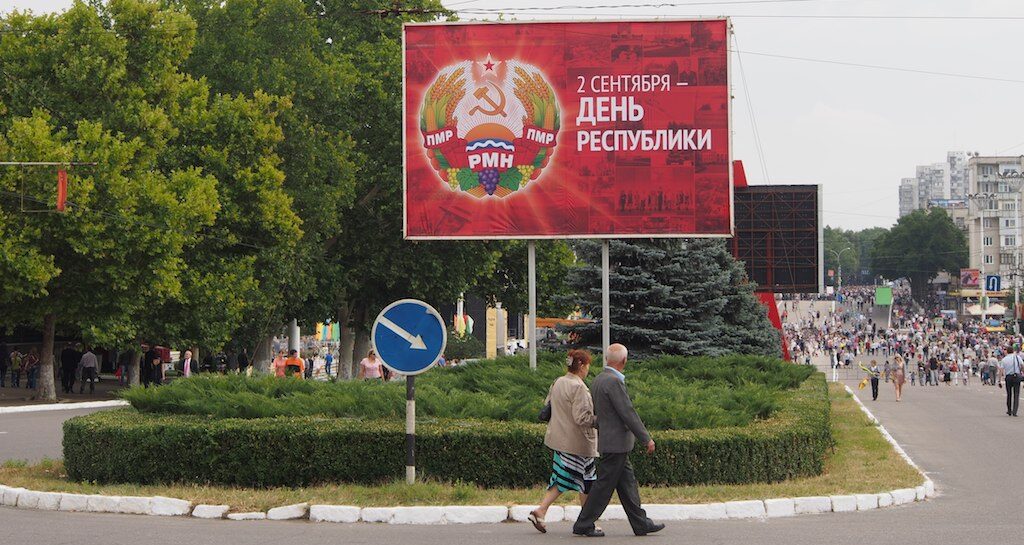C2: Economic Agency in the Context of Unrecognised Statehood
Lena Pieber, MA (ZOiS)

Foto: Tiraspol, Transnistria, 2013 © Clay Gilliland, Creative Commons Attribution-Share Alike 2.0 Generic
Project description
How can a non-recognised state survive? Isolation practices and little options for revenue generation make it difficult for de facto states to participate in formalised international trade and ensure their economic existence without a patron’s support. The small size of the secessionist territories adds to their disadvantage in the production of goods, impeding their socio-economic development and increasing patron dependency. Recent research suggests, however, that de facto states nevertheless act in accordance with a certain ‘agency’ vis-à-vis their patron. This project investigates this ‘room for manoeuvre’ through a comparative analysis of two unrecognised states that formed with the dissolution of the USSR – Abkhazia and Transnistria. The aim is to analyse whether and in what ways economic agency has an impact on their conflict dynamics.
On a theoretical level, this research seeks to conceptualise economic agency by developing a model to measure and typologise its different forms. On an empirical level, the research investigates how the economies of two post-Soviet unrecognised states are structured, adapt to external isolation practices and (dis)integrate with the economy of the patron and parent state. By exploring the impact of economic agency on conflict dynamics, we aim to contribute to a deeper theoretical understanding of the trends and undercurrents that determine the trajectory of the conflicts in the region.
Key questions
Methodology and sources
Project team

